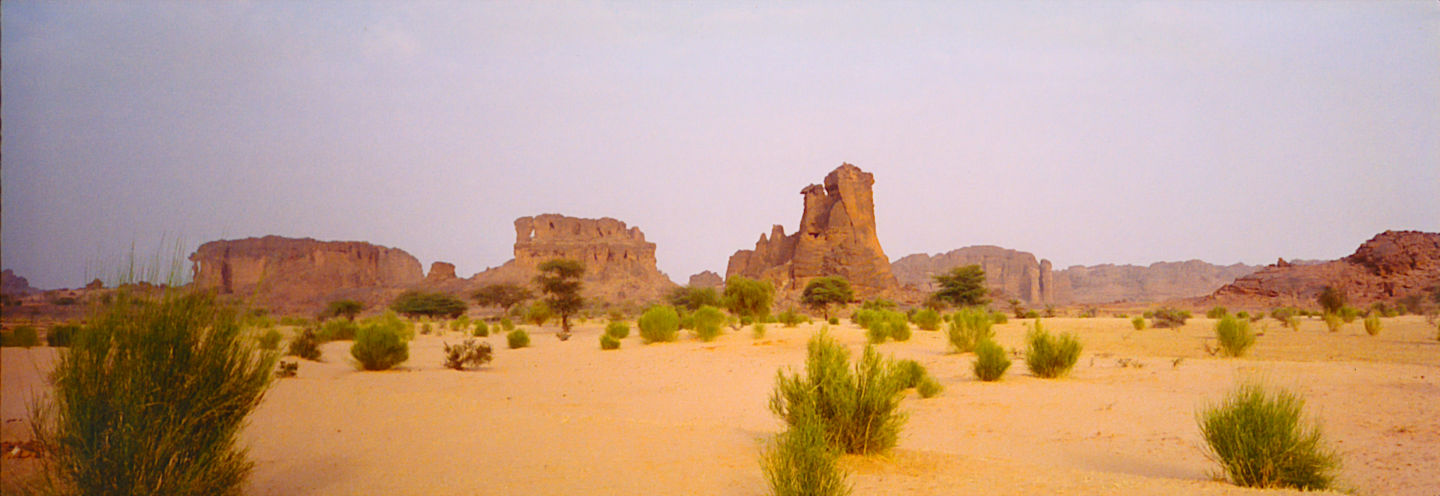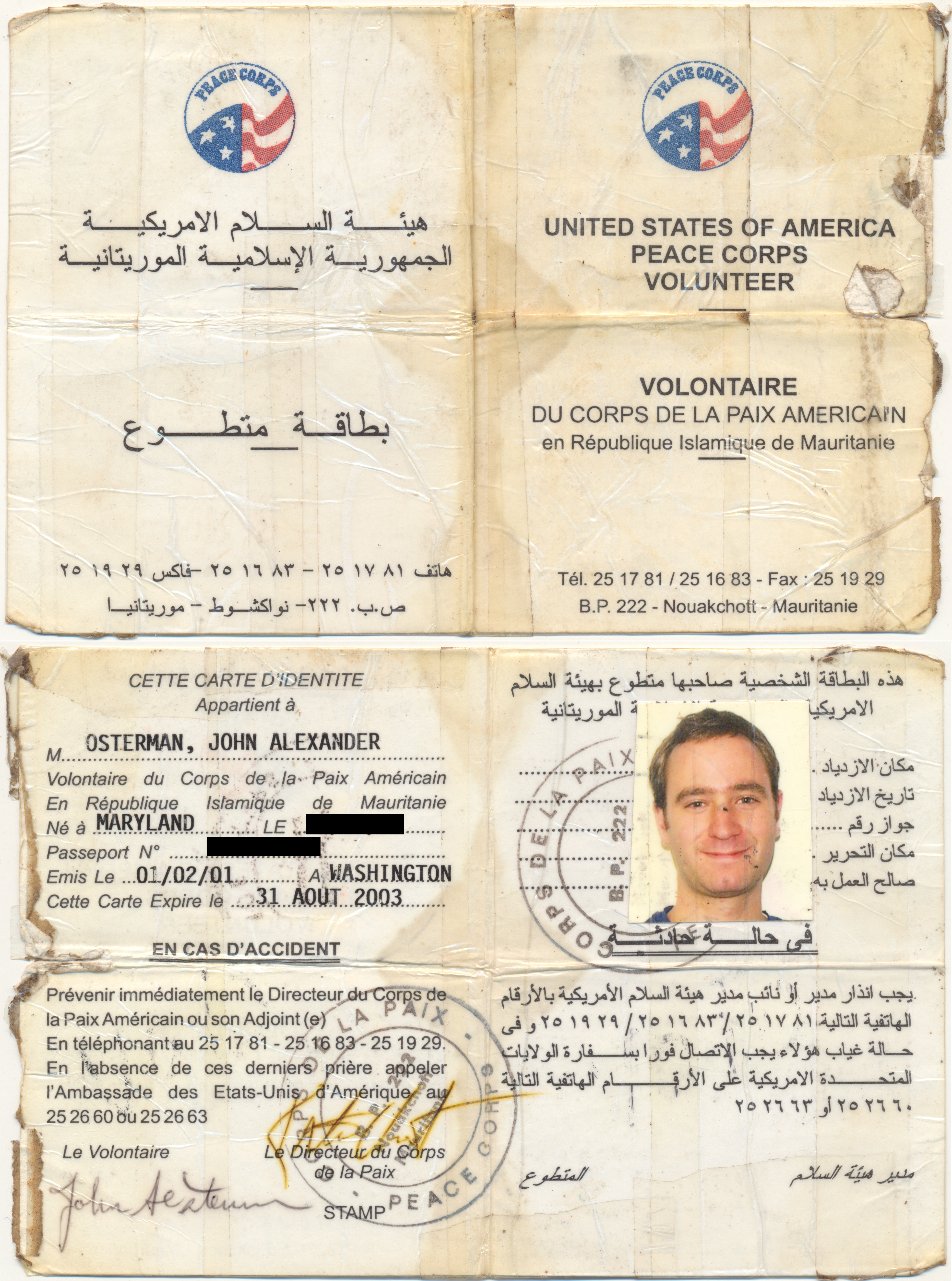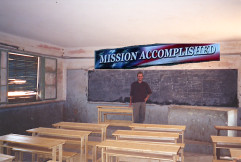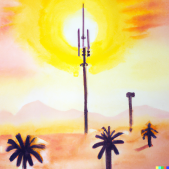

The sand in moonlight seems like snow
A poem.
Published

Peace Corps Mauritania, 2001–2003
I was in the Peace Corps from 2001 to 2003 as an English teacher in Mauritania. That’s nearly half my lifetime ago; perhaps it’s time now to write about it.
When I got my invitation to serve, I had no idea where Mauritania was. For anyone suffering the same ignorance now, it’s in West Africa: north of Senegal, south of Western Sahara, north and west of Mali. The culture and people there reflect that geography, a mix of North and sub-Saharan Africa.
The local languages are many: Hassaniya, Pulaar, Wolof, Soninke, and several others. I learned Hassaniya and lived in the eastern part of the country, first in a town called Tintane and then in the regional capital of Aioun. I taught maybe 175 high school students over two years.
The posts below reflect my experience, now, of going through my journals, photos, and letters from that time. There are gaps. I lost my first journal, the one with my initial impressions and struggles adjusting, and my photos are limited—my phone holds more now than I ever took on film in Mauritania. There’s embarrassment. I wrote the most when I was most stressed, so there is a discernible negative bias. And a lot of what I wrote is not fit for public disclosure.
What follows is going to be problematic for lots of reasons. Problematic but vital—even when there is sand in the couscous, you’re still going to eat it. Bon appétit!



A poem.
Published


Maintaining friendships is hard. Being a work-from-home 46-year-old dad really doesn't provide the cultural milieu that being a 23-year-old Peace Corps volunteer did.
Published


I was interested in guitar—very interested!—and that interest was very satisfying, but I wasn't doing what I needed to do to become fluent.
Published


I found out after dawn that there'd been gunshots and explosions at the presidential palace. Later it was clear: Mauritania was in the middle of a coup.
Published


In early 2003, the drumbeat of a war was reaching a fever pitch and things in Mauritania were getting tense.
Published


It's not everyday that Mauritania makes it into the Washington Post, which today has a beautiful photo essay about the town Chinguetti and its libraries.
Published


February 28, 2002, was one of those good days when I had time to just sit and think about how incredible and satisfying it felt to be so far from home, still alive, still breathing, still myself.
Published


It was during my Peace Corps service that mobile phones really spread through Mauritania. At first, my town had no phones, fixed or cellular, and no access to the internet.
Published


The contrast with Tintane was stark. I’d been forming a theory about it: too big to be a village and too small to be a town, Tintane had the benefits of neither. Kankossa had the charm of a small village.
Published


Reading books in Mauritania was better than it was before or has been since. I had enough time to become immersed in the stories. But more than that, books just seemed more vivid somehow.
Published


Thanksgiving 2001 was in the midst of what might have been my hardest stretch in Mauritania. My second journal actually opens on November 18 with this admonishment to myself: “avoid cataloging mood swings—your last journal is not very flattering.”
Published


One of the first phrases I learned in Hassaniya was "mnayn makaresh," which can be best translated as "where's the butt pot?"
Published


My second year teaching started in late October, when the annual rains were all but done and the “cool” season was around the corner.
Published